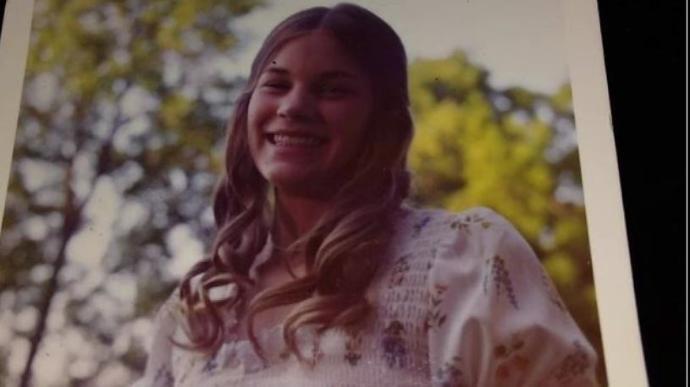|
Child Abuse Bill calls for priest to report assault they learn about in confession
By Morgan Wolfe
[with video] Democratic lawmakers are introducing bills that would eliminate the statute of limitations on child sexual assault lawsuits and force clergy members to report allegations of child sexual assault they learn about during confidential conversations. Under current Wisconsin law, children who are sexually assaulted have until age 35 to file a civil action. Sen. Lena Taylor and Reps. Melissa Sargent and Chris Taylor's bill would remove the deadline. Current law allows clergy members who learn about allegations of child sexual assault during confidential conversations to keep them secret. The Democrats' second bill would eliminate that exception. Laurie Asplund is an advocate for child sexual assault victims because she is one. Asplund was 14-years-old when her family's Christian Youth Pastor began to "groom" her. Groom is a term used by child abusers as a predator will start to manipulate the child into trusting them. By the time Asplund was graduating highschool, she was being forced into sexual acts with a man her family had no idea was a predator. "I looked perfectly fine. I smiled in pictures. I was prom queen, but little did anyone know that I was hiding this big dark secret that I had been sexually abused," Asplund said. Asplund grew up to struggle with alcohol and drugs. Once she got on a narrow path, she charged her abuser in her adult life. "He plead guilty and he was sent to prison. When the whole case was finally finished. I really felt like a huge weight had been lifted off my shoulders," Asplund said. The Wisconsin Catholic Conference's Executive Director Kim Vercauteren says they care about children and have had conversations with Asplund and the Executive Director of the National Association of Social Workers Wisconsin. The issue the WCC takes with the second bill is in regards to clergy having to share information they learned in confession. Vercauteren says it goes against their religious rights. "How do you report on someone who you can't see or know their name?" Vercauteren said, "from our main perspective confession is our religious right and that is supposed to be a communication between you and the priest and God. "
|
.
Any original material on these pages is copyright © BishopAccountability.org 2004. Reproduce freely with attribution.
